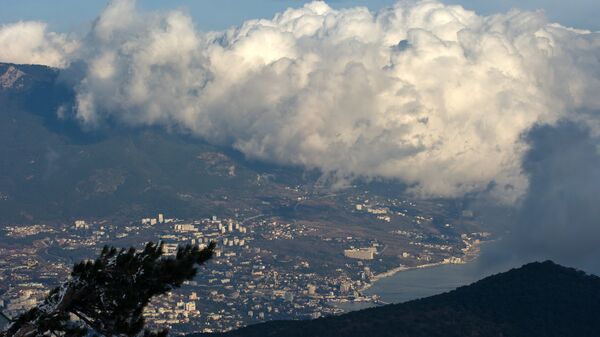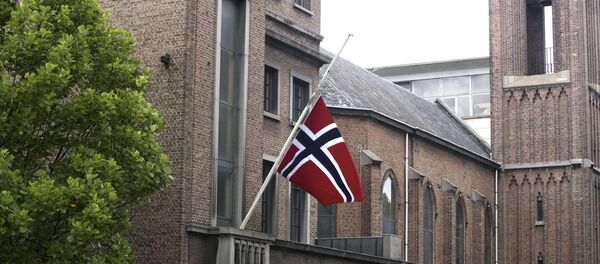SIMFEROPOL (Sputnik) — Avramenco said that over 100,000 tonnes of various goods and cargo were imported and exported from Crimea since January 2017.
"It is estimated at $50 million, according to general statistics. We note an increase of 10-15 percent compared to the previous year," Avramenko said at a press conference in the Crimean press center of the Rossiya Segodnya International Information Agency.
Avramenko noted that the growth was determined by development of the Crimean economy. According to the customs service head, the region is engaged in trade with countries across the world, including those in Europe and Asia.
The imported goods include grape seedlings, as well as equipment for the development of viticulture, dairy production, and production of cables and electronics, according to Avramenko. Exports, on the other hand, will consist of grain crops.
On June 19, the European Council announced that the EU member states' foreign ministers had extended sanctions against Crimea by one year. They were due to expire in late June of this year. The unilateral measures ban EU persons as well as EU-based companies from importing goods from the peninsula, as well as from investing in it. The sanctions target the spheres of tourism services, transport, telecommunications and others.


